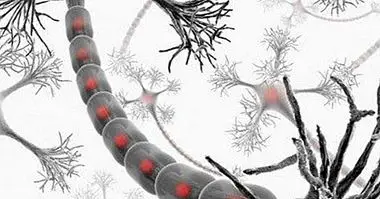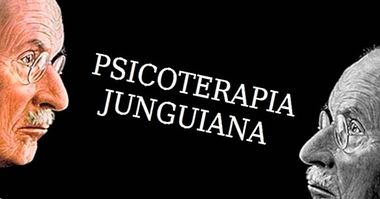4 fundamental therapeutic skills in Psychology
Psychotherapy, according to the Spanish Federation of Associations of Psychotherapists (1992), consists of a scientific treatment of a psychological nature that promotes the achievement of changes in the way of acting, physical and psychological health, coherence and integrity of identity and the welfare of both groups and individuals.
Its effectiveness lies in the therapeutic change that allows the patient to live his life in a more functional and healthy way. What factors encourage this change?
Numerous studies indicate that the quality of the therapeutic alliance, which is therelationship established between the patient and the therapist in therapy, It is the most robust predictor of treatment, being less important the type of therapy used to not present significant differences between them, since they are fundamentally moderated by contextual and relational factors.
So that, Different characteristics, attitudes and therapeutic skills are especially relevant in the effectiveness of the intervention. Which are the most important?
Characteristics of the therapist
Among the personal characteristics of the professional who favor change of his patients, the following stand out.
- Cordiality : express (verbally and non-verbally) interest, appreciation, encouragement and approval by the patient.
- Competition : ability to help people solve their problems and improve their self-confidence.
- Trust The patient's perception that the therapist will work to help him, without deceiving or trying to harm him.
- Attraction It can be physical or interpersonal. The first influences especially the initial phase of therapy, while the second is much more important throughout the entire process.
- Directivity : degree to which the therapist gives instructions, delimits tasks, asks questions to obtain information, provides information and feedback ... Both the excess and the directivity defect are negative in therapy.
Essential therapeutic skills
The fundamental attitudes for the establishment of the therapeutic alliance are active listening, empathy, unconditional acceptance and authenticity.
1. Active listening
Knowing how to listen is fundamental in therapy since it encourages patients to talk about themselves and their problems, increasing the possibility of understanding them and encouraging them to be responsible for their change process, seeing the therapist as a collaborator rather than as an expert .
Active listening involves three activities: receiving the message (through verbal, non-verbal and vocal communication and attitude), processing the information (knowing how to discriminate what is important and establishing its meaning) and issuing listening responses.
- Related article: "Active listening: the key to communicating with others"
2. Empathy
Empathy consists in the ability to understand the thoughts and feelings of people from their own frame of reference. it implies attend to the manifest and also to the latent , capturing and understanding the meaning of emotional, cognitive and behavioral implications beyond what is expressed. In addition, it requires knowing how to communicate to the other person that we understand it.
Some empathic strategies are: active listening (previously defined), clarification (formulating questions to know what the patient expresses), the use of paraphrasing, synthesis and recapitulations (collecting and expressing the ideas previously expressed by the patient) and the reflex (collect and capture the emotional component presented).
3. Unconditional acceptance
Accepting the patient as is , valuing it without judging him.
Among the components of unconditional acceptance we find: commitment towards the patient (interest and willingness to help him), effort to understand it and non-evaluative attitude.
4. Authenticity
Authenticity implies being oneself, communicating their own feelings and inner experiences . The therapeutic situation requires knowing what to say or express, how and at what time so as not to harm the patient or the therapeutic relationship.
Some of its main elements are: non-verbal behaviors (such as smiling, eye contact and body orientation towards the patient), little emphasis on the authority's role of the therapist, spontaneity (ability to express oneself naturally, without deliberation especially what is said and done) and self-disclosure (controlled offer, by the therapist, of information about himself and his reactions to the situation in therapy).
- Related article: "The basic therapeutic skills in Gestalt Therapy"
Bibliographic references:
- Campbell, L.F., Norcross, J.C., Vasquez, M.J., & Kaslow, N.J. (2013).Recognition of psychotherapy effectiveness: the APA resolution. Psychotherapy, 50 (1), 98
- Corbella, S. and Botella, L. (2004). Research in Psychotherapy. Process, results and common factors. Madrid: Vision Net.



















